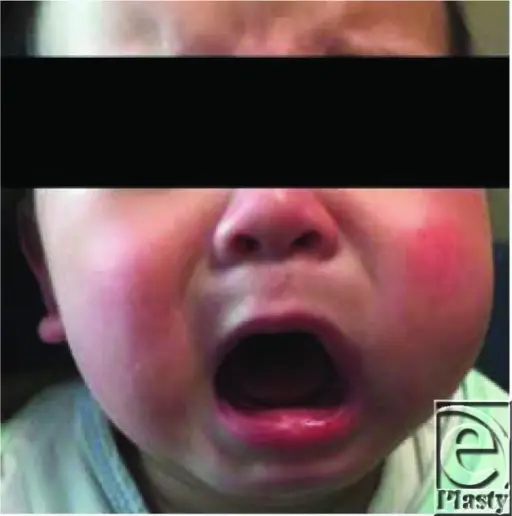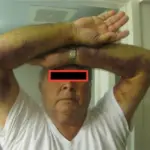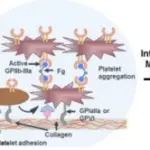Hemophilia B is an X-linked disorder having severe factor IX deficiency.
What is the Pathology of Hemophilia B?
The pathology of hemophilia B is:
-Etiology: The cause of hemophilia b is mutations in coagulation factor IX.
-Genes involved: F9.
-Pathogenesis: The sequence of events that lead to hemophilia B includes the deficit in factor IX, or by an acquired inhibitor that binds factor IX.
-Histology: The histology associated with hemophilia b shows missing factor IX and hemarthrosis.
How does Hemophilia B Present?
Patients with hemophilia B typically affect males present at the age range of 26-45 years. The symptoms, features, and clinical findings associated with hemophilia b include spontaneous hemorrhages in joints, and petechiae.
How is Hemophilia B Diagnosed?
Hemophilia B is diagnosed using specific assays of factor IX.
How is Hemophilia B Treated?
Hemophilia B is treated by infusion of recombinant factor IX.
What is the Prognosis of Hemophilia B?
The prognosis of hemophilia B is poor.



